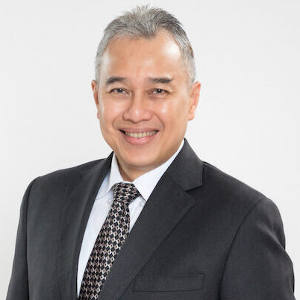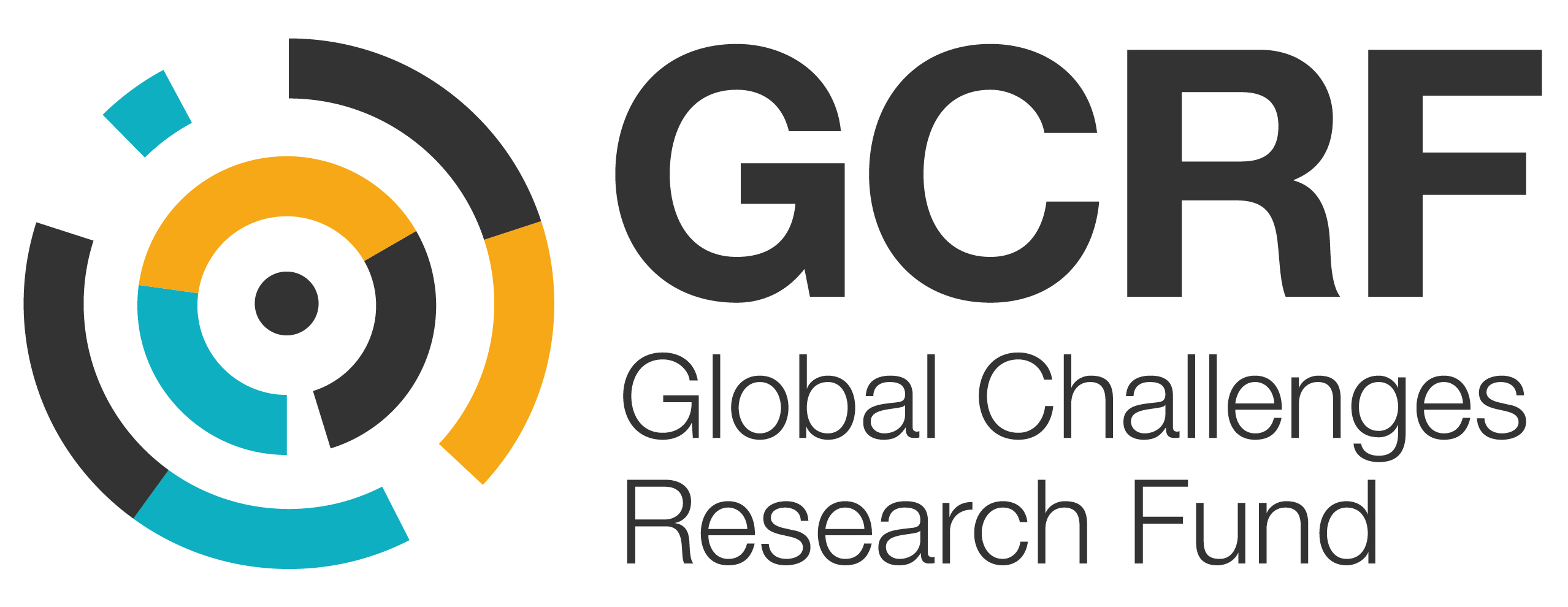Palm oil is a significant trade commodity that contributes to Indonesia’s economic development. About 60% of palm oil production went to export markets in 2019 (MoA, 2020). In 2020, the export value of palm oil reached 17.4 billion USD, with a total volume of 28 million tons (UN Comtrade, 2022). As the world’s largest producer and exporter, oil palm contributed 12% of Indonesia’s agricultural gross domestic product in 2020 (UN Comtrade, 2022; World Bank, 2022). Despite the economic recession, agriculture was one of the economic sectors that consistently grew amid the pandemic, with a 1.75% growth rate in 2020 (BPS, 2021).
Various sustainable oil palm development efforts have taken place in Indonesia. The latest one is through Presidential Instruction No. 6/2019 on the National Action Plan for Sustainable Oil Palm Plantations for 2019–2024. Earlier, the Indonesian Sustainable Palm Oil (ISPO) standard and certification system was provided through Minister of Agriculture Regulation No. 11/2015. However, palm oil is a market-driven commodity. Sustainability awareness from the market has become a cornerstone for global value chain governance through sustainability standards and certification systems. Meanwhile, public initiatives in the buyer countries also come up to strengthening sustainable palm oil trade practices, including by the European Union (EU), as the second world’s palm oil biggest consumer and its import volume is stagnant from 2018 (IDH, 2022).
Trade policies related to palm oil emerged in 2009 when the EU Renewable Energy Directive (RED) was published as part of efforts to reduce emissions from the transport sector. It was updated in 2018 (RED II) considering the high-risk Indirect Land Use Change (ILUC) biofuels that include palm oil. RED II plans to achieve zero consumption of high ILUC risk biofuel in 2030, which created discourse on export ban for unsustainable palm oil and triggers an adverse reaction from palm oil-producing countries such as Indonesia and Malaysia (Hinkes, 2020; Tambun, 2021). In November 2021, the EU issued a proposal for a regulation on deforestation-free products (EUDR), which suggests that relevant commodities produced on land subject to deforestation after 31 December 2020 are prohibited from entering the EU market. This policy again creates public debate because in the proposal, palm oil is defined as one of relevant commodities that will be subject of the policy. The topic within public debate varies from the definition of deforestation free, cut-off date until scope of industry that will become subject, as well as readiness and impact for producing countries.
Center for International Forestry Research (CIFOR) has been conducting various research on sustainable palm oil trade in Indonesia under the Trade, Development and the Environment Hub (TRADE Hub) – a global research consortium led by the UN Environment Programme World Conservation Monitoring Centre (UNEP WCMC) and supported by UK Research and Innovation Global Challenges Research Fund (UKRI GCRF). Part of TRADE Hub research by CIFOR is to develop a value chain dynamic approach to simulate impact of EU RED II policy at national level and EUDR at sub-national level that shows possible reconciliation of international trade policy and various national policy in Indonesia to support sustainable palm oil trade and other environmental outcomes, such as reducing deforestation, conserving biodiversity and climate change mitigation. This model can be a tool to assess impact and discuss potential strategy for addressing challenge in sustainable palm oil trade for Indonesia, as well as contribute to addressing global crisis such as climate change. As we know, Indonesia has published its Long-Term Strategy for Low Carbon and Climate Resilience in 2050 (Indonesia LTS-LCCR 2050) in 2021 as national strategy that also puts Net FOLU Sink 2030 as one of key target for climate change mitigation efforts from forestry and other land uses sector (FOLU). Sustainable trade of palm oil, for example through no-deforestation supply chain, can potentially contribute to the achievement of Net FOLU Sink 2030. GCRF TRADE Hub Roundtable Discussion hopefully can provide platform for key stakeholders especially in palm oil and environmental sector to discuss how global sustainable palm oil policies such as EUDR can be inline and strengthen existing national initiatives in Indonesia towards climate crisis or other way around.
This roundtable discussion is a follow up of GCRF TRADE Hub High Level Policy Dialogue in August 2022.
The roundtable discussion will:
- Provide learning platform for exchanging information by key stakeholders on EUDR as well as conformity, challenges, potential impacts (benefit or loss) for palm oil industry in Indonesia.
- Discuss a potential pathway for palm oil sector Indonesia to comply with EUDR and other sustainable global trade initiatives as well as to contributing to climate change mitigation efforts, especially to be in-line with Net FOLU Sink 2030.
Simultaneous interpretation will be available in Bahasa.
For RSVP, please contact us (Ms. Salwa Nadhira, S.Nadhira@cgiar.org).
























